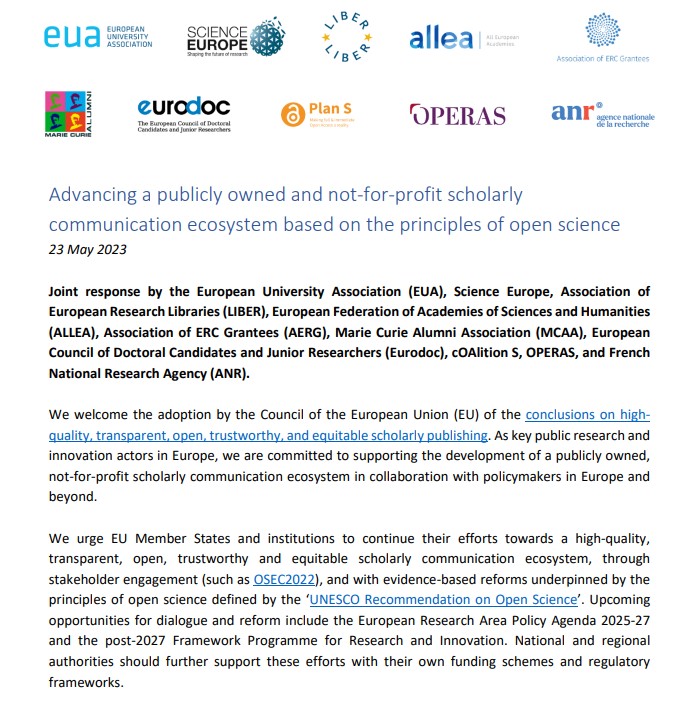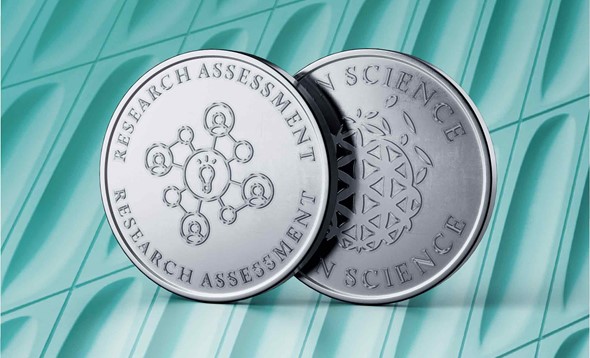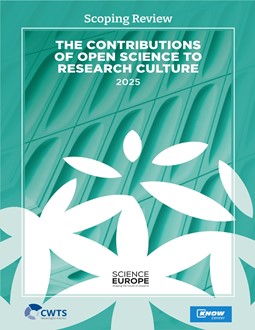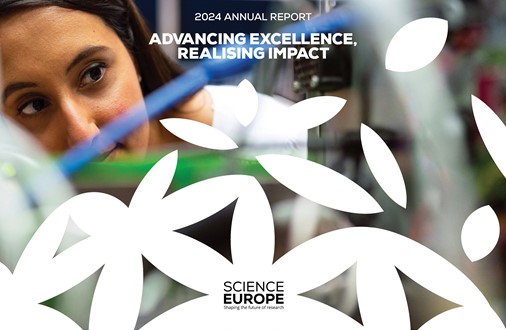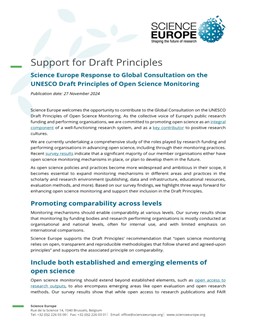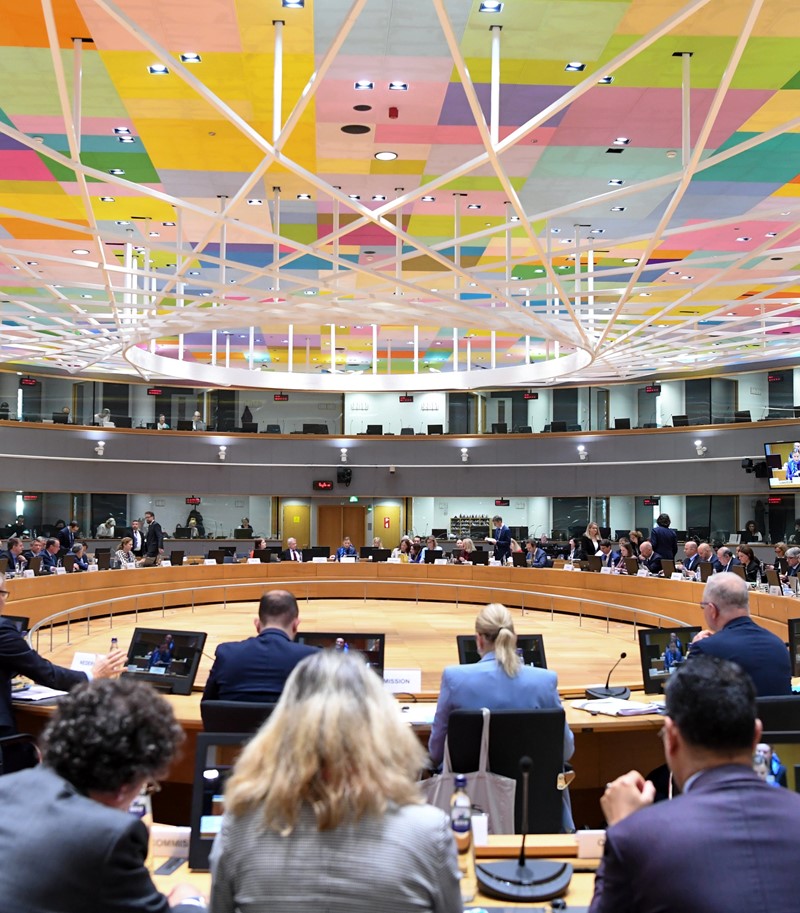
-
Share on
Open Science: Stakeholders welcome European efforts towards publicly owned and not-for-profit scholarly communication
For European public research and innovation actors, scholarly knowledge is a public good. Publicly funded research and its results should be immediately and openly available to all without barriers such as subscription fees or paywalls. This is essential in driving knowledge forward, promoting innovation and tackling social issues.
Key representative organisations of the public research and innovation sector have welcomed today’s adoption of the Council conclusions on high-quality, transparent, open, trustworthy, and equitable scholarly publishing.
"We need to swiftly complete the transition to full and immediate open access to scholarly publications by establishing equitable scholarly publishing models with no costs for authors or readers, under the oversight of the research community. We are delighted to publish this joint statement together with our partners in the public research and innovation sector," says Marc Schiltz, President of Science Europe.
In a joint response, the signatories urge EU member states and institutions to continue their efforts towards a high-quality, transparent, open, trustworthy and equitable scholarly communication ecosystem, through stakeholder engagement, constructive dialogue with the public research and innovation sector, and with evidence-based reforms underpinned by the principles of open science.
Signatories include the European University Association (EUA), Science Europe, the Association of European Research Libraries (LIBER), the European Federation of Academies of Sciences and Humanities (ALLEA), the Association of ERC Grantees (AERG), the Marie Curie Alumni Association (MCAA), the European Council of Doctoral Candidates and Junior Researchers (Eurodoc), cOAlition S, OPERAS, and the French National Research Agency (ANR).
The public research and innovation sector is actively pursuing a not-for-profit scholarly communication ecosystem. Notable examples, among other initiatives, include: backing for not-for-profit open access publishing models (e.g. the Action Plan for Diamond Open Access); demand for more dependable and comparable data on the state of scholarly communication (e.g. the Journal Comparison Service); and emphasis on infrastructure development (e.g. OPERAS).
As such, the statement welcomes the Council of the EU’s encouragement of initiatives that align with the objective of developing a not-for-profit scholarly communication ecosystem and reiterates the signatories’ commitment to launch activities that will further engage their members in shaping the future of scholarly communication.
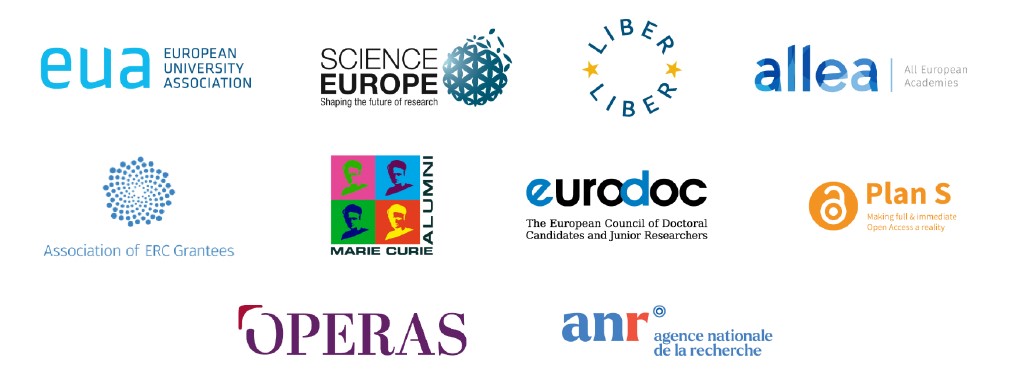
Joint statement: Council conclusions on not-for-profit scholarly communication ecosystem
We welcome the adoption by the Council of the European Union (EU) of the conclusions on high-quality, transparent, open, trustworthy, and equitable scholarly publishing. As key public research and innovation actors in Europe, we are committed to supporting the development of a publicly owned, not-for-profit scholarly communication ecosystem in collaboration with policymakers in Europe and beyond.





